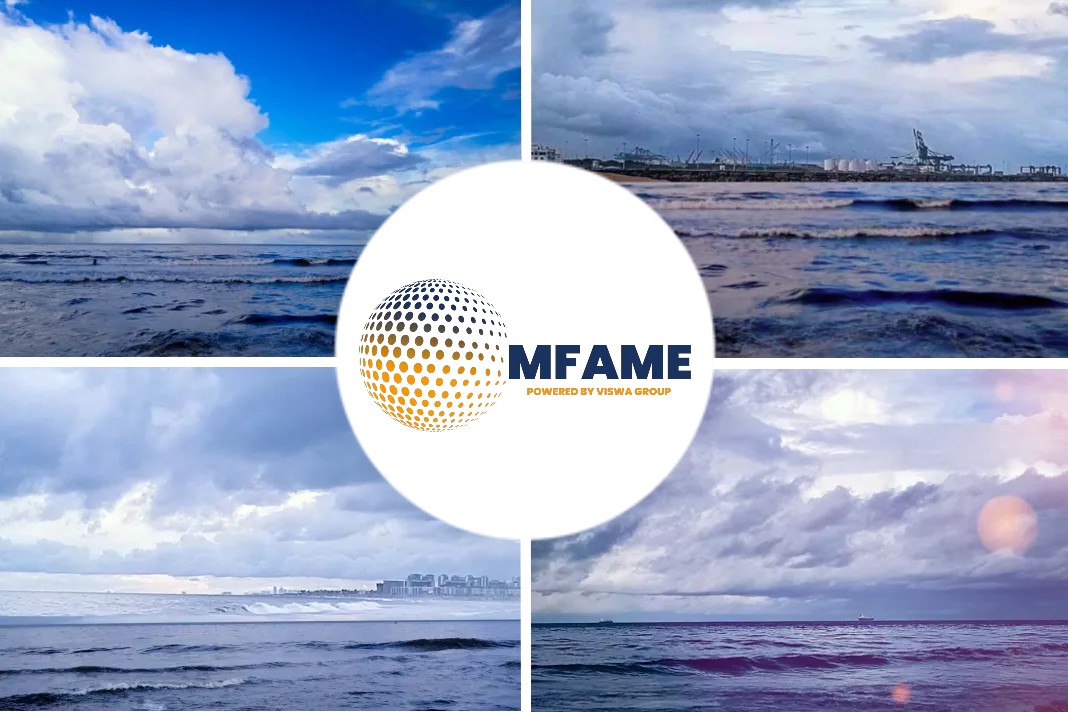- Refineries import 76% of ESPO cargoes loaded from Kozmino
- ESPO, Urals prices rise amid strong demand
- Iranian imports stable on the month
China’s independent refineries boosted imports of discounted crudes from Venezuela, Iran, and Russia by 32.8% month on month to 8.3 million mt, or 1.96 million b/d, in July via the Shandong and Tianjin ports, S&P Global Commodity Insights data showed Aug. 10.
Advantage to independent refineries
The volume accounted for 79.7% of the sector’s total feedstock imports via the ports, compared with 83.7% in June, according to S&P Global data.
The independent refineries continued to take advantage of cheaper crudes to lift run rates to about 71% in July, from 68.9% in June, according to local information provider JLC.
In July, the independent refiners continued increasing ESPO and Urals imports, leading Russian inflows to surge 56% from June, S&P Global data showed.
China’s independent refineries were the dominant buyers in the market in July importing 76%, or 2.3 million mt of ESPO cargoes loaded from the Far Eastern port Kozmino of Russia. The volume represented a 64.3% month on month increase and was shared among 16 domestic buyers. Russia typically sells 30 cargoes, or 3 million mt of ESPO from Kozmino on a monthly basis.
ESPO premiums have been on an uptrend due to strong demand from China’s independent refineries.
The September ESPO arrival premium has gained about $1/b recently, with offers touching $3/b against the ICE Brent futures on a DES Shandong basis, according to refinery sources. ESPO prices were flat to ICE Brent futures in early July.
Meanwhile, imports of Russian Urals also rose 42.9% on the month to 1 million mt in July.
As supplies tighten, the October Urals arrival price is at a discount of $2.5-$3/b against the ICE Brent futures on a DES Shandong basis. The discount has narrower compared with $5-$6/b about a month ago, sources said.
The independent refineries halted Urals flows in November 2021 due to more competitively priced alternative supplies, and subsequently avoided buying until late April despite Urals price falling to deep discounts against benchmarks following Russia’s invasion of Ukraine late February.
Venezuelan imports surge 57.8%
Chinese independent refineries imported 1.69 million mt of bitumen blend in July, up 87.7% from June, with a few independent refineries also switching to asphalt production due to better margins.
Bitumen blend of Malaysian origin is usually blended with Venezuelan crudes, including mostly Merey, as well as Hamaca or DCO, which are a good feedstock for producing asphalt.
Chinese independent refineries also imported about 929,000 mt of the Venezuelan barrels declared as crudes, which are also mainly used as a feedstock for asphalt production.
That brought total asphalt feedstock imports to 2.62 million mt in July, compared with 1.66 million mt in June — including 901,000 mt declared as bitumen blend and 760,000 mt as crudes.
With crude import quotas unlikely to be used by the year’s end, some sources suspect Chinese independent refineries would likely declare bitumen blend imports as crudes to utilize the quotas.
The refineries also imported 2.4 million mt of crudes from Iran, mostly declared as Malaysian blend crudes.
Iranian inflows were largely stable compared with 2.41 million mt in June, S&P Global data showed.
Venezuelan and Iranian barrels were mostly reported as Malaysian barrels, making Malaysia the top supplier to China’s independent refineries in July at 3.9 million mt, up 38.1% from June.
Did you subscribe to our daily Newsletter?
It’s Free! Click here to Subscribe
Source: S&P Global

















